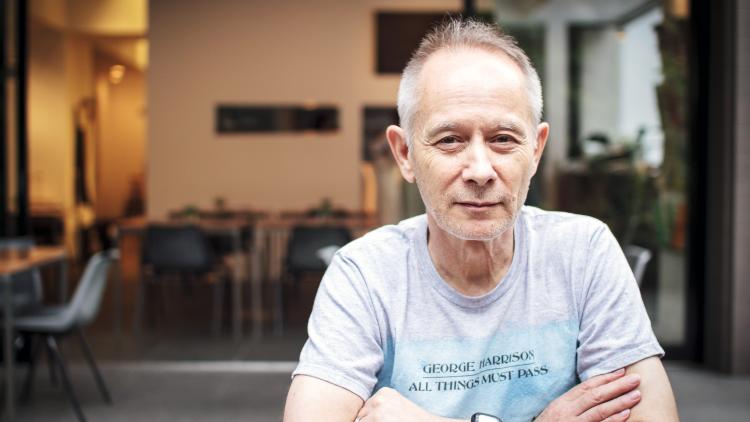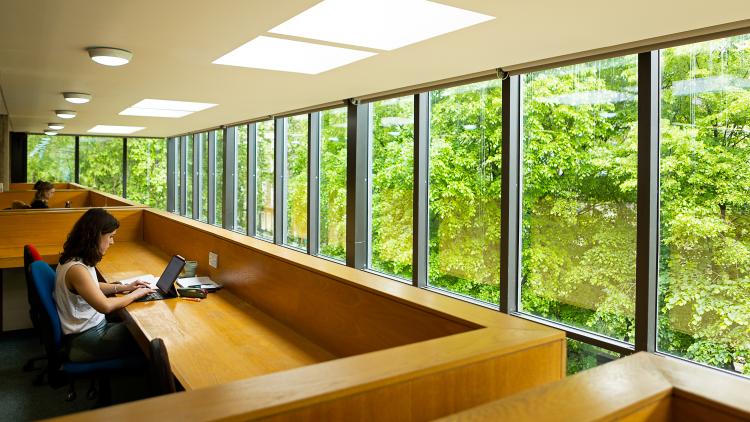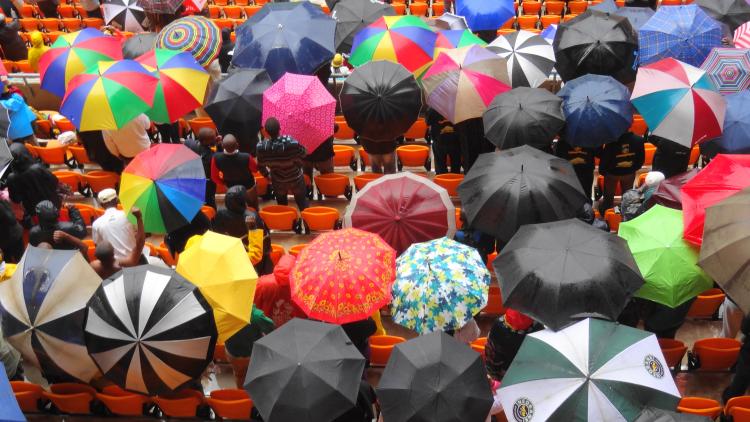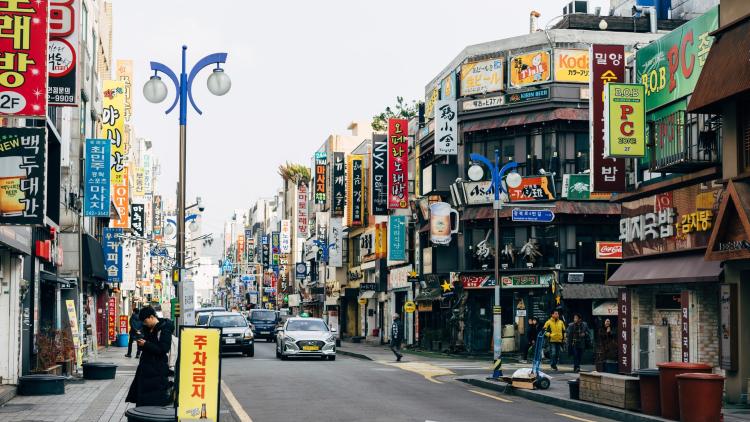BA Linguistics and...
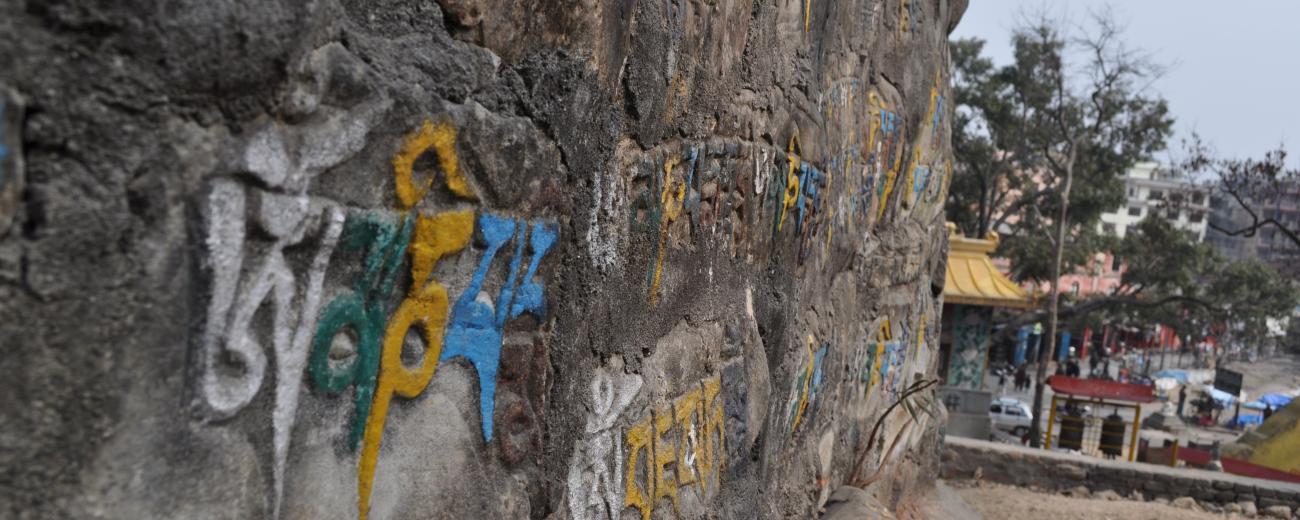

Key information
- Duration
- 3 or 4 years
- Start of programme
- September
- Attendance mode
- Full-time
- Location
- On Campus
- Fees
-
Home: £9,790
International: £23,780 - Entry requirements
-
A levels: ABB-BBB
For joint degrees, the offer is based on the subject with the higher entry requirements.
Contextual: BBB-BBC
See undergraduate entry requirements and English language requirements for international and alternative entry requirements.
Course overview
The BA Linguistics combined degree gives you the tools to understand how the world’s languages differ and how they are similar, how they relate historically and interact today, and above all how they are structured.
Linguistics takes you beyond merely speaking a language, and helps you see how languages, in all their diversity, actually function.
Modern linguistics is the scientific study of all aspects of the world’s languages from their sound systems and grammatical structure through to the interaction of language with culture, the study of meaning in language, and the use of language in modern technology.
Linguistics at SOAS is all about appreciating the diversity of cultures beyond Europe and the English-speaking world. Anyone who has a particular interest in the languages of a country or region in Asia, Africa or the Middle East will feel very much at home on this programme. More generally, Linguistics is the ideal subject for those who are interested in human culture and psychology, but who enjoy approaching questions about our world in a systematic, precise, logical intellectual framework.
Why study Linguistics at SOAS?
- SOAS is ranked 13th in the UK for Modern Languages (QS World University Rankings 2025)
- We are ranked 11th in the UK for Linguistics (QS World University Rankings 2025)
- We are ranked 7th in the UK for Asian Studies (Complete University Guide Subject League Tables 2026)
- We are ranked 7th in the UK for African and Middle Eastern Studies (Complete University Guide Subject League Tables 2026)
- Modern Languages and Linguistics at SOAS has been ranked 10th in the UK in the Research Excellence Framework (REF) 2021
- We've also been ranked 4th for research environment - with 100% of our research ranked as 'internationally excellent' and 85% as 'world-leading' - and 8th for research outputs in the REF 2021
Study Abroad
Students are able to apply for the optional year abroad in their second year of studies at SOAS. Students will be invited to information sessions about how to apply during their second year of studies by the Study Abroad team. Student applications are considered on academic merit and a personal statement and are subject to availability. Students need to have achieved 55% or higher in their first year of studies to be eligible. For further details, visit the Study Abroad section of our website.

Use our combined courses tool to see a breakdown of course structure
Key information set data
Teaching and learning
The linguistics component of the combined subject degree is designed to develop a comprehensive understanding of the way that languages are universally structured and trains students to master all the basic skills necessary for the analysis of different sound systems and semantics (the study of meaning in language). In addition, students may also take modules dealing with language and social communication (focusing on the interaction of language and social groups), morphology (the structure of words), historical linguistics (the historical development of languages), phonetics and the structure of an African or Asian language.
Contact hours
Each module generally involves a 2-hour lecture and a tutorial, a 1-hour small-group discussion class each week. The tutorial is intended for further discussion of points made in the lecture and for the development of linguistic problem-solving skills.
Assessment varies according to the nature of the modules. Introductory modules are assessed in the end of year exams in May/June. Other modules may involve written examinations, practical tests, course work, essays or a combination of these.
Year abroad
If linguistics is studied with a language, the third year of their degree is spent abroad.
SOAS Library
SOAS Library is one of the world's most important academic libraries for the study of Africa, Asia and the Middle East, attracting scholars from all over the world. The Library houses over 1.2 million volumes, together with significant archival holdings, special collections and a growing network of electronic resources.
Fees and funding
Fees for 2026/27 entrants per academic year
| Programme | Full-Time | |
|---|---|---|
| UK students | Overseas students | |
| BA, BSc, LLB | £9,790 | £23,780 |
| BA/BSc Language year abroad | £1,425 | £11,770 |
See undergraduate fees for further details.
Employment
Graduates of the School of Languages, Cultures and Linguistics leave SOAS not only with linguistic and cultural expertise, but also with skills in written and oral communication, analysis and problem solving.
Recent graduates have been hired by:
- Africa Matters
- Amnesty International
- Arab British Chamber of Commerce
- BBC World Service
- British High Commission
- Council for British Research in the Levant
- Department for International Development
- Edelman
- Embassy of Jordan
- Ernst & Young
- Foreign & Commonwealth Office
- Institute of Arab and Islamic Studies
- Middle East Eye
- Saïd Foundation
- TalkAbout Speech Therapy
- The Black Curriculum
- The Telegraph
- United Nations Development Programme
- UNHCR, the UN Refugee Agency
- Wall Street Journal
Find out about our Careers Service.

